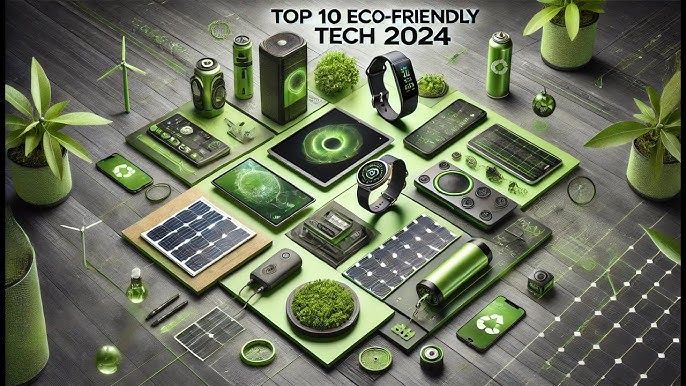In today’s world, the need for environmental sustainability has never been more pressing. With the effects of climate change becoming increasingly apparent, it is imperative that we find ways to reduce our impact on the environment. One key tool in the fight against climate change is technology. From renewable energy to smart waste management systems, technology is playing a crucial role in helping us protect the planet for future generations.
Renewable Energy
One of the most significant ways that technology is helping to promote environmental sustainability is through the development of renewable energy sources. Solar, wind, and hydroelectric power are just a few examples of clean, sustainable energy sources that are being harnessed with the help of technology. These renewable energy sources produce minimal greenhouse gas emissions, making them far more environmentally friendly than traditional fossil fuels.
Solar Energy
Solar energy is perhaps the most well-known form of renewable energy, and it is a prime example of how technology is driving environmental sustainability. Advances in solar panel technology have made it more affordable and efficient than ever before, making it an increasingly viable alternative to traditional energy sources. Solar energy is clean, abundant, and renewable, making it an excellent option for reducing our dependence on fossil fuels.
Wind Energy
Wind energy is another valuable renewable energy source that is being harnessed with the help of technology. Wind turbines convert the kinetic energy of the wind into electricity, providing a clean and sustainable energy source. Advances in turbine design and technology have made wind energy more efficient and cost-effective, helping to make it a viable alternative to traditional energy sources.
Smart Waste Management
In addition to renewable energy, technology is also playing a significant role in improving waste management practices. Smart waste management systems use sensors and data analytics to optimize waste collection and recycling processes, reducing the amount of waste sent to landfills. By using technology to track and manage waste more efficiently, we can decrease our impact on the environment and promote sustainability.
Sensor Technology
Sensor technology is a key component of smart waste management systems, allowing for the real-time monitoring of waste levels in bins and containers. By using sensors to track waste generation and collection, waste management companies can optimize their routes, reduce fuel consumption, and minimize environmental impact. This data-driven approach to waste management is helping to make our cities cleaner, greener, and more sustainable.
Conclusion
In conclusion, technology is playing a crucial role in promoting environmental sustainability. From renewable energy sources like solar and wind power to smart waste management systems that optimize waste collection processes, technology is helping us reduce our impact on the environment and protect the planet for future generations. By embracing innovative technologies and fostering a culture of sustainability, we can work towards a more eco-friendly future for all.




